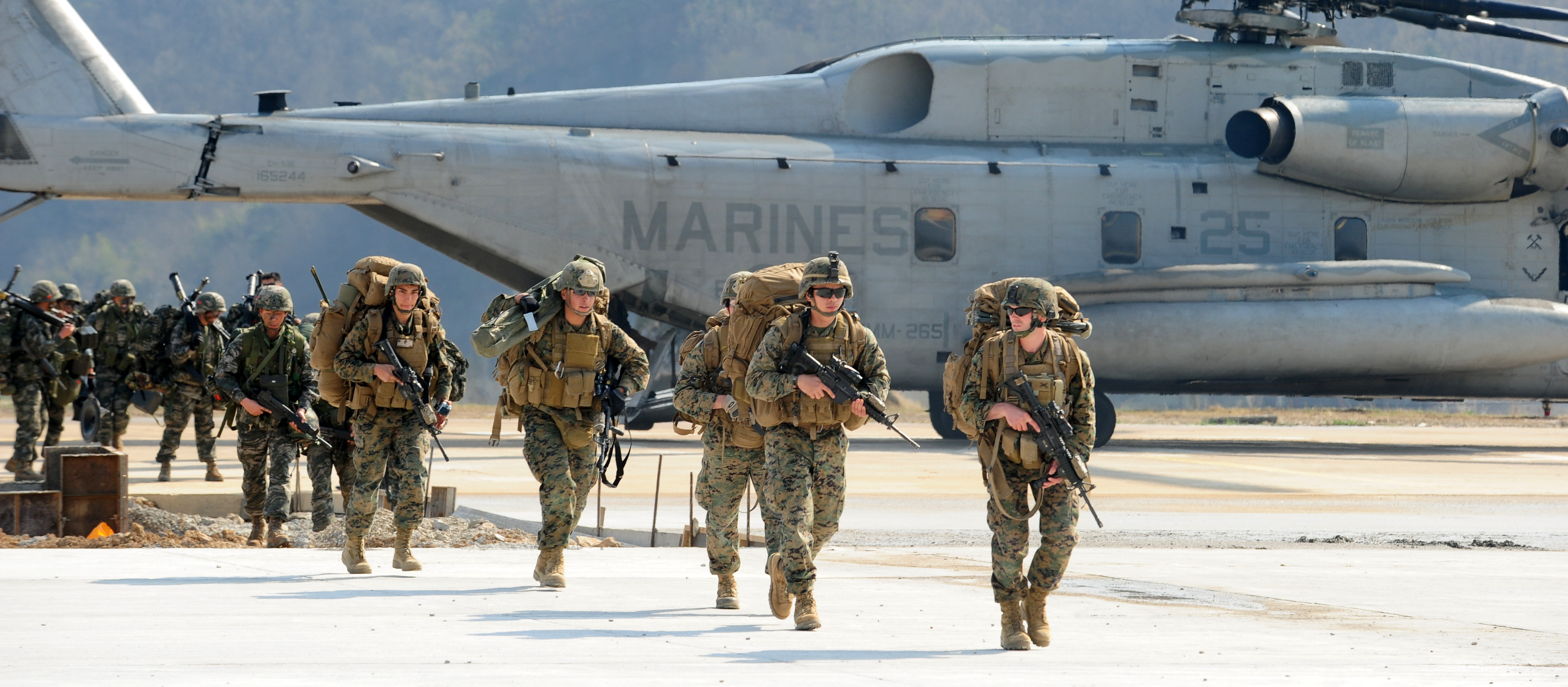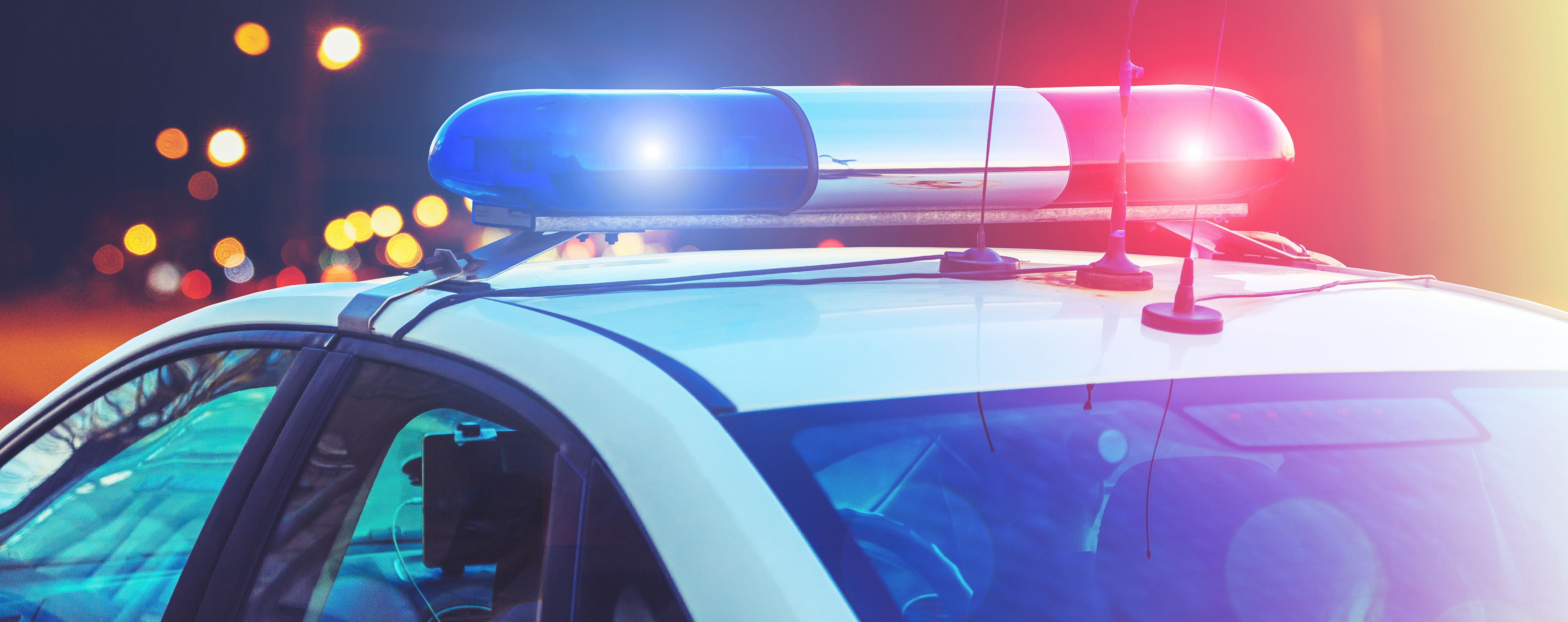Crime, War, and Dying Living
In one of the more interesting experiences of my 25-year police career, I spent eighteen months as a United Nations cop in Kosovo. In an attempt to bring justice in the wake of a particularly vicious civil war, 54 nations sent officers to the mission. The US contingent were mostly older retirees from agencies across America plus a few guys in their late twenties or early thirties, many of whom were military vets or reservists. I was a former Marine serving in the Texas Army National Guard at the time.
One afternoon I was guarding a war crimes prosecutor at a courthouse. A judge’s security escort was also there, and I struck up a conversation with a couple of the American cops from her team. One was a former Ranger Batt Soldier who, like me, had never deployed to combat. As we wound our way through the conversation, he asked why I got into police work. I surprised myself with the answer.
“I don’t know,” I said. “Death wish, maybe? Actually, I think I became a cop because I never got into a war.”
The Ranger’s face lit up. He turned to his teammate and said, “See? I told you the same damn thing.”
I’ve reflected on that conversation many times in the intervening seventeen years. Why did I blurt out anything about a death wish? Did I really just choose law enforcement out of anger or frustration at never being the warrior I felt I was destined to be? And why would I compare police work to war anyway? Even then, years before I actually went to war, I knew there was a fundamental difference.
But I suspect – strongly suspect – that the Ranger and I aren’t the only cops who chose police work, consciously or unconsciously, because we’d never faced an enemy on the battlefield and assumed we never would.
I’ve had several conversations with cops who expressed such sentiments. One sergeant I met, a former Marine with decades of experience working high-crime neighborhoods, lamented the fact that he’d never had his “one minute of combat” in the Corps. This feeling isn’t unusual among cops. We should wonder what it says about us.
So let’s get some things into the open. As it turns out, part of the reflexive answer I gave in Kosovo was true; I did want to be in a war, ever since I was a kid. I grew up in the shadow of men who served in World War II, Korea and Vietnam: a great uncle killed on Bataan, another who jumped with the 82nd in Europe, yet another who was a medic during the Battle of Okinawa. My Grandfather had argued his way out of a safe civil service job and into the Navy. My second cousin and several neighbors served in Vietnam. I measured my future self against the standard set by the war veterans in my life; today, I look back at my wartime actions and hope those men would have judged me worthy of standing among them.

I joined the Marine Reserve at seventeen, was ready and eager for war at eighteen, and then proceeded to sit out Panama, Desert Storm and Somalia. I used to joke “I saw a lot of combat in Desert Storm, because I was at home watching CNN.” At the end of my USMCR enlistment I was disappointed, bitter, and disillusioned. I felt I’d done literally nothing. A few months later I joined the National Guard, mostly for the experience of training in an Abrams tank. As a Marine who missed what I thought was my generation’s war, I didn’t expect the Guard to send me anywhere.
But about five years into my boring Marine enlistment, a company commander suggested I look into law enforcement. At first I couldn’t see it. I was 5’7” and maybe 115 pounds, and had always thought I was too small to be a cop. But the idea took hold; I started talking to cops, and every one told me not to worry about my size (although I was warned “Don’t let anyone get ahold of you”). Eventually I decided that not only was police work a viable option, I practically had to do it. And I’ve loved it for a quarter century.
So the question is, why did I consider police work a substitute for war? With the benefit of 25 years hindsight, I may have finally figured it out.
Perhaps I, and most cop/Soldier types, intuitively understand something that mystifies others. We get that human experience exists on a spectrum; on one end lie fear, rage, frustration, misery, hate, starvation, agony, extreme heat and cold, general suffering. The other end holds love, triumph, exaltation, adrenaline, and euphoria. The middle is comfort, routine, security, safety, protection, and freedom from privation. The average American aspires to a life in the middle, where they’ll never be scared, never exhausted, never too hot or too cold, never very hungry, and never in danger. But unfortunately for them, real life happens at the extremes. That’s where many members of the military want to live. That’s also where most cops want to live, for the same reasons.
Looking back, I have a hard time imagining feeling satisfied by a life without the hazards of police work. Much like combat, the experiences I’ve had on the street enriched my life (even the horrible, terrible, crappy ones). Until my 40s, the thought of life in the middle of the spectrum was anathema to me, because as a cop I lived for the chases, fights, dangerous in-progress calls, and general mayhem of patrolling high-crime areas. None of those extreme experiences were empty or pointless; I was happy to fight a wanted capital murderer because I felt, and still feel, that it was worth risking my life to defend my city. Not only that, I felt like I belonged in that crappy apartment complex that night, fighting a sweaty, smelly crackhead on the run from another state. I enjoyed it, because I enjoyed the extremes of life.

For the same reason, and in the same way, I generally enjoyed combat. My experiences under fire were exhilarating, exhausting, terrifying, euphoric, infuriating, and sometimes miserable. But they were life, at the extremes we were born to experience. I don’t think people were meant to live in the middle of the spectrum. I think humans thrive on conflict. I think struggle gives us purpose. I think the failing of a great many Americans is that they’ve been so safe for so long they no longer understand that conflict isn’t an aberration, extended peace is. Embracing and enjoying that conflict, whether on the street or in a firefight, doesn’t make us wrong, evil, or crazy. It makes us human, and connects us to countless generations of fighting men and women who preceded us. I think many cops would agree.
I’m not saying war and street police work are the same. They’re not. After my Iraq deployment I had to change my MOS from tanker to cavalry scout, and one of my cav scout school instructors was a police officer from my agency. He didn’t have a combat patch, and a student asked why he hadn’t deployed. He said, “I could have volunteered, but I didn’t see much reason to. I’m already a cop, how much different can it be?” I answered, “There’s no comparison. I work the same streets you do, and nobody is shooting machine guns at us or trying to blow us up with IEDs. It’s completely different.” But the emotional highs and lows can be very, very similar.
So I’ve made peace with it. I became a cop because I thought I missed my war, and I’ve pretty much enjoyed police work. Then I went to war anyway, and I pretty much enjoyed that experience too. And that’s okay. Because I discovered I didn’t have a death wish; far from it, I had a desire to live life to the fullest even if it meant I might die. After all, don’t we all want to Die Living?
Chris Hernandez is a former Marine Reservist, retired Texas Army National Guard Soldier, and longtime cop. He’s a veteran of Iraq and Afghanistan, and served eighteen months on the UN Police Mission in Kosovo. Chris is a blogger, author of the military fiction novels Proof of Our Resolve, Safe From the War and Line in the Valley, and happens to be a pretty awesome photographer. He lives in Texas with his wife, kids and grandkids.





